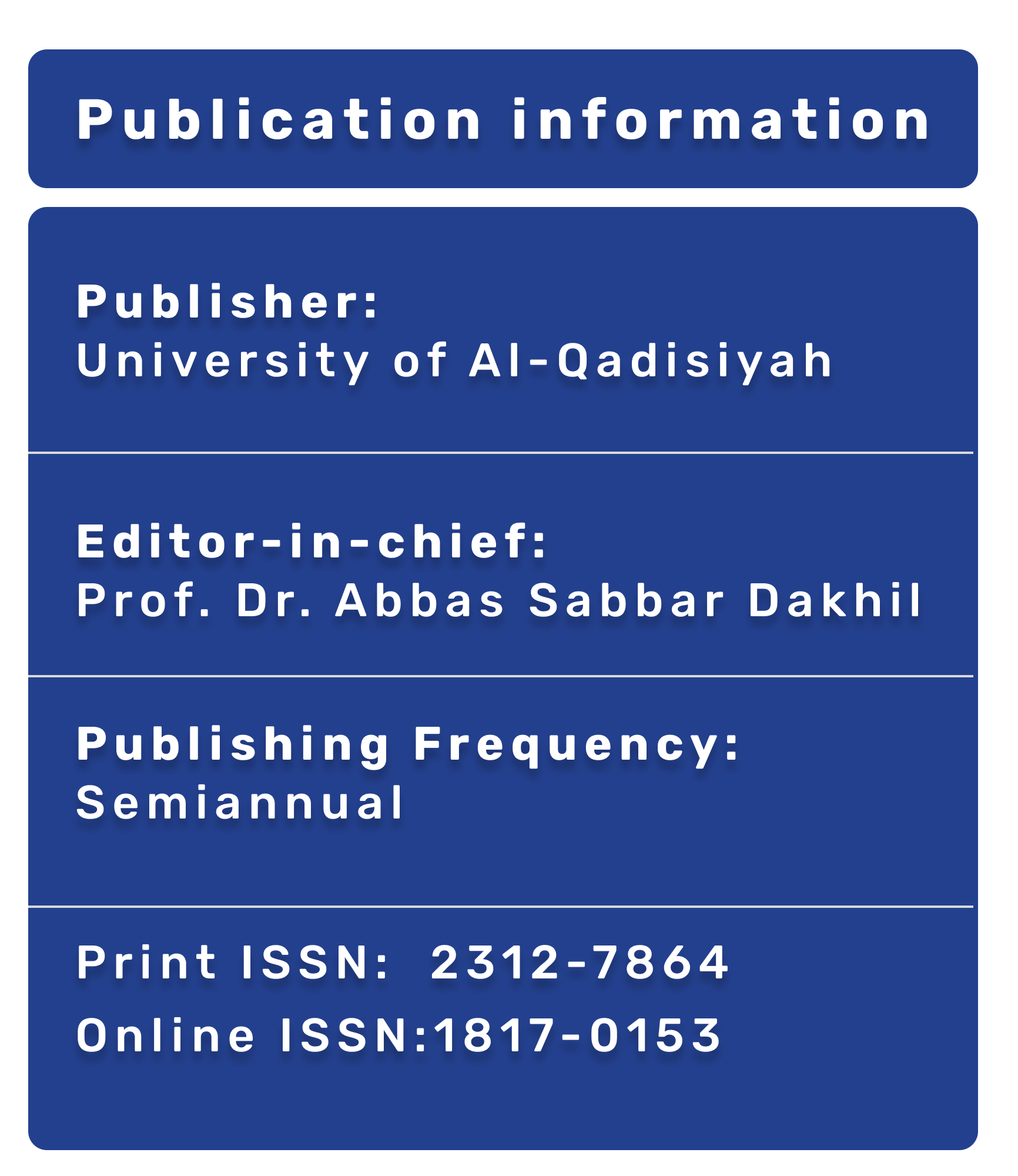Findings of magnetic resonance imaging of lumbosacral spine in chronic lower back pain
DOI:
https://doi.org/10.28922/qmj.2015.11.20.98-104Keywords:
chronic backache, MRI lumbosacral spineAbstract
*Background :Magnetic resonance imaging (MRI) of the lumbar spine is a safe and painless scan that uses a magnetic field and radio waves to produce detailed pictures of the lumbar spine (the bones, disks, and other structures in the lower back), MRI of the lumbar spine can be useful in evaluating symptoms such as lower back pain, leg pain, numbness, tingling or weakness or problems with bladder and bowel control. It can also help to diagnose tumors, bleeding, swelling, developmental or structural abnormalities and infections or inflammatory conditions in the vertebrae or surrounding tissues. Aim of study :To detect the cause of chronic lower back pain in patients referring from different departments in our hospital like Orthopaedics, Rheumatology , Surgery & neurology.*Patients & method : About 50 patients selected from February 2011 to December 2011 all of them are complaining from chronic lower back pain referring from different departments. Average age from 23 to 70 year, 31 were male &19 were female, the patients were classified according to their age, sex, occupation, past history of trauma, medical disease & previous surgery. *Results Twenty sex of patients (52%) were diagnosed as a PIVD (prolapsed intervertebral discs) at the level of L4-5 & L5-S1, ten(20%) of them diagnosed as degenerative disease of the discs, five patients (10%) diagnosed as Straitening of Spine ( Muscular Spasm), 2 (4%) of them diagnosed as secondary metastases in L1& 2 vertebral bodies, 3 (6%) of them diagnosed as infected disk with gibbus deformity in lower dorsal spines & 4 (8%) had normal lumbosacral spine . *Conclusion:
1.High incidence of abnormal MRI study in patients with chronic low back pain . 2.Highest percent of patients with chronic back pain had disc herniation follow by other pathology .








